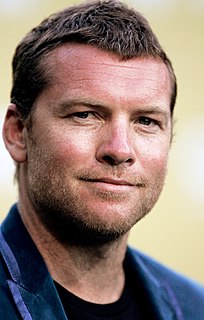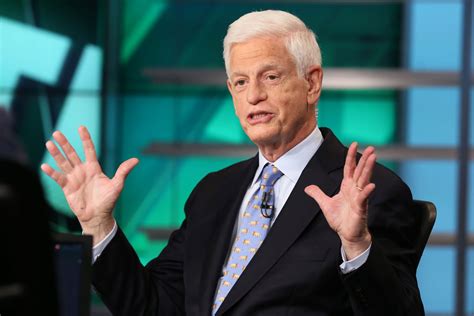A Quote by Sam Worthington
If you look at the whole world now it's just computer games, graphic novels, film, TV spinoffs, spinoffs of spinoffs like Deadpool spinning off of Wolverine. So I think that any kind of smart producer looks at all of those bases. Once it comes down to the integrity of it audiences are very smart, they smell that they're just kind of being played.
Related Quotes
Do you remember that old TV series, Get Smart? Do you remember at the beginning where Maxwell Smart is walking down the secret corridor and there are all of those doors that open sideways, and upside down and gateways and stuff? I think that everyone keeps a whole bunch of doors just like this between themselves and the world. But when you're in love, all of your doors are open, and all of their doors are open. And you roller-skate down your halls together.
There's book smart, there is street smart, there's relationship smart, there's too many different kinds of smarts to know all of them. Everybody doesn't know every kind of smart. There's money smart, there's movie smart, there's computer smart. There's just too many different kinds of smarts for people to know all the smarts.
The graphic novel? I love comics and so, yes. I don't think we talked about that. We weren't influenced necessarily by graphic novels but we certainly, once the screenplay was done, we talked about the idea that you could continue, you could tell back story, you could do things in sort of a graphic novel world just because we kind of like that world.
American movie audiences now just don’t seem to be very interested in any kind of ambiguity or any kind of real complexity of character or narrative - I’m talking in large numbers, there are always some, but enough to make hits out of movies that have those qualities. I think those qualities are now being seen on television and that people who want to see stories that have those kinds of qualities are watching television.
It [Hancock] happens to be a big budget film and big star like Will Smith, but it actually has a lot of weight to it. But it was very smart and very intelligent and had this kind of historical element to it that I was fascinated by. It's not silly. It's not stupid. It's fun, but I think it's smart. I think Akiva [Goldsman] writes really interesting material and there you have it.
In my opinion, having worked in the games industry and still keeping in touch with a lot of those guys, there was definitely a time when they saw themselves as the little brother of the film industry. But they kind of went off in a different direction and now see themselves, I think, as being far more interesting and ahead of the film industry. They haven't just caught up. They've gone off in a different direction and exceeded the film industry.
The kind of people that all teams need are people who are humble, hungry, and smart: humble being little ego, focusing more on their teammates than on themselves. Hungry, meaning they have a strong work ethic, are determined to get things done, and contribute any way they can. Smart, meaning not intellectually smart but inner personally smart.
Once you've created an intelligence so smart, the real job of that intelligence is to protect itself from other intelligences becoming more intelligent than it. It's just kind of like human beings. The way you look at money or the way you look at the success of your child, you always want to make sure that as far as it gets, it can protect itself and continue forward. So I think any type of intelligence, no matter what it is, is going to have this very basic principle to protect the power that it has gained.




































